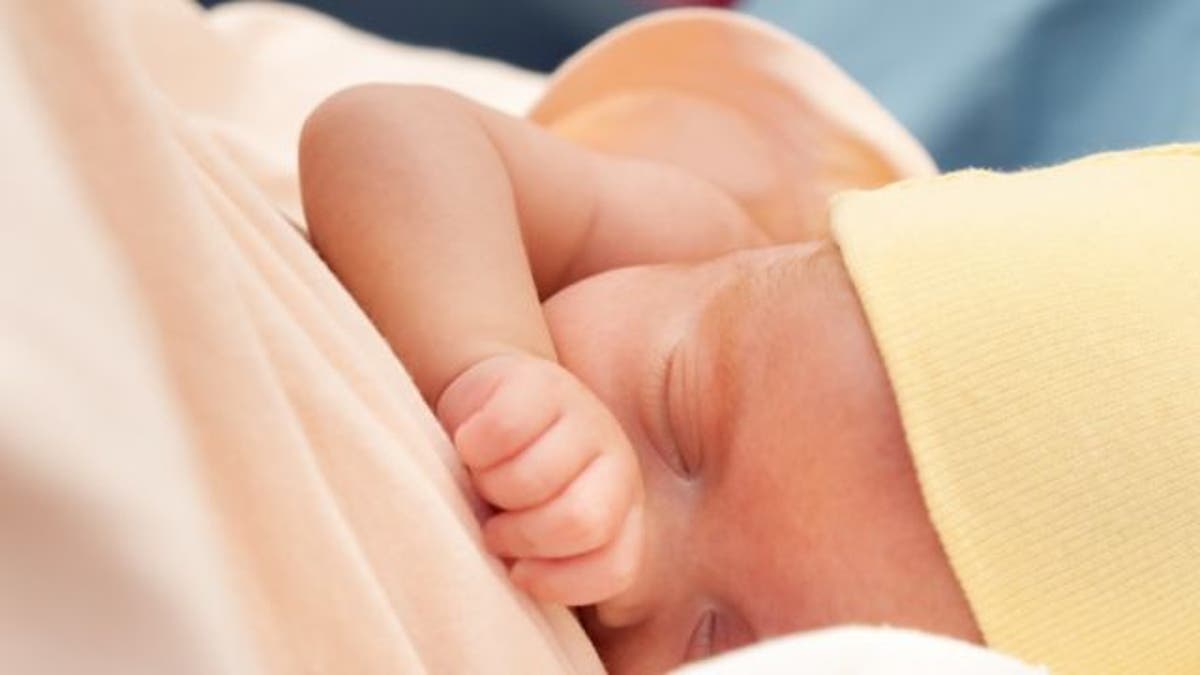
(iStock)
People who were breast-fed as infants may have a lower risk of depression in adulthood, a new study from Germany suggests.
Researchers looked at 52 people, whose average age was 44, who were being treated for major depression at an inpatient facility, and compared them with 106 healthy people who had never been diagnosed with depression. Participants were considered to have been breast-fed if either they or their mothers said they had nursed for at least two weeks.
Results showed that 73 percent of those without depression had been breast-fed, whereas 46 percent of people with depression were breast-fed. The association held when researchers took into account factors that could affect participants' risk of depression, such as age, gender and mother's level of education.
Additionally, the researchers found that how long a person had been breast-fed did not matter in terms of their depression risk.
While the finding suggests a link, it does not suggest a cause-and-effect relationship between breast-feeding and depression, the researchers said.
However, there are ways that such an effect from breast-feeding might be explained. Breast-feeding could indicate the general quality of the mother-infant relationship, and other aspects of this relationship could be protective against depression, the researchers said. Or breast-feeding could increase the behaviors in mothers that have been linked with the hormone oxytocin. Such behaviors are believed to protect against stress, they said.
It could also be that components of breast milk promote brain development in a way that helps prevent depression, they said.
Previous studies have linked breast-feeding with a lower risk of conditions such as hypertension and obesity later in life. It's also been shown early weaning is linked with an increased risk of alcohol dependence, the researchers said.
The researchers announced their findings Sept. 5; the study was published in the April issue of the journal Psychotherapy and Psychosomatics.
Pass it on: People who were breast-fed as infants may have a lower risk of depression in adulthood.
